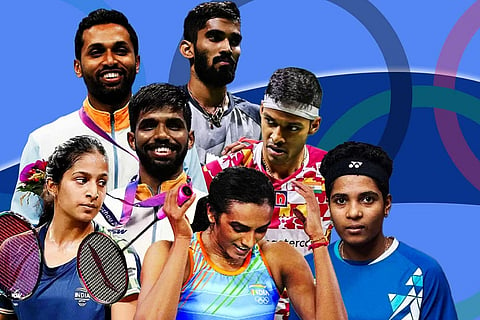Is Political Interference Impacting India's Olympic Performance
Agra, August 19 (TNA) India's lacklustre showing at the Olympics has reignited discussions on the detrimental effects of political involvement in sports. Controversies involving key figures like Vinesh Phogat and former Wrestling Federation President Braj Bhushan Singh have shed light on the apparent interference in national sporting events. With just six medals and no golds to show for in a population of 1.4 billion, questions about the influence of politics on sports have come to the forefront once again.
The pervasive political influence within sports federations is a major concern. Many leadership positions are occupied by politicians rather than individuals with a background in sports. Out of 63 vice-president roles, all are held by politicians, with only six having a sports background. The lack of representation from actual athletes in decision-making roles is a glaring issue that hampers the growth and success of Indian sports.
Addressing this politicization is crucial to nurturing the potential of Indian athletes and ensuring a fair and transparent sports environment. Reforms in sports governance are imperative to promoting a culture of meritocracy and advancing the country's sporting landscape.
Clearly, the government has to clean up the sports federations and replace politicians with sportspersons. Until then, India will continue to perform poorly at the Olympics and the cycle of blame games will also continue.
Besides, other factors such as poverty, malnutrition, lack of government support, the dominance of cricket, insufficient international exposure, and lack of sports development and training programmes at the grassroots level also affect Indian sports.

